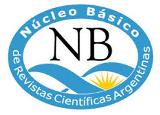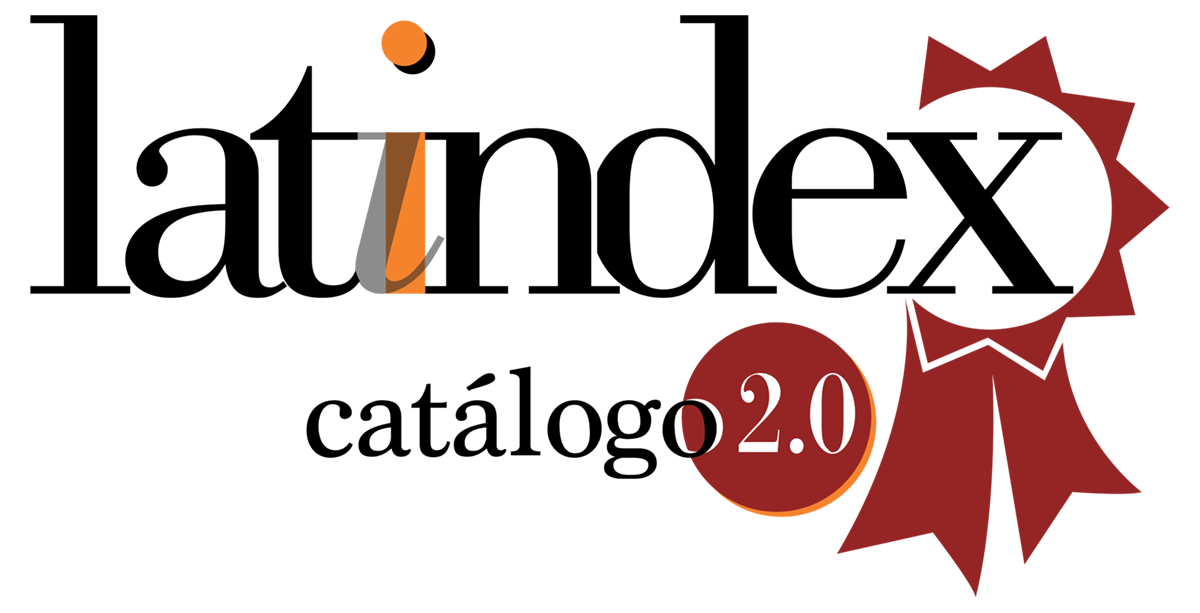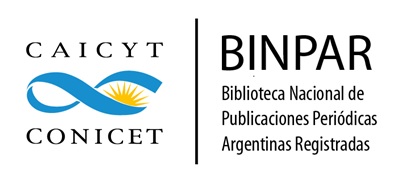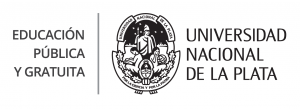Trabajar en enfermería durante la pandemia de la covid-19
DOI:
https://doi.org/10.24215/23139048e060Palabras clave:
enfermería, pandemia, rutinas laborales, acompañamiento de la muerteResumen
La enfermería es un sector clave de los equipos de salud ya que tienen un vínculo estrecho y continuo con los pacientes. Ese rol insustituible de la enfermería no surgió con la pandemia de la covid-19, pero quedó mucho más visible dado su activo protagonismo en las tareas de rastreos, hisopados, cuidados durante las internaciones, comunicación con familiares y campañas de vacunación. En este artículo se estudiarán las representaciones del sector en lo que fue vivido como cambios en las rutinas laborales a partir de la pandemia de la covid. Se explorará en las actividades que se incrementaron y se modificaron a partir de la pandemia y se hará foco en dos cuestiones emergentes; las dudas, especialmente en el inicio de la pandemia, en torno a las medidas de bioseguridad y las incertidumbres en torno a los tratamientos a seguir. Luego revisaremos las estrategias implementadas, individuales y colectivas, para enfrentar momentos difíciles durante las internaciones tal como el acompañamiento de la muerte.
Descargas
Citas
Aspiazu, E. (2017). Las condiciones laborales de las y los enfermeros en Argentina: entre la profesionalización y la precariedad del cuidado en la salud. Trabajo y Sociedad, (28), 11-35. Recuperado de http://www.scielo.org.ar/scielo.php?script=sci_abstract&pid=S1514-68712017000100002&lng=es&nrm=iso
Cammarota, A. (2020). Maestras y enfermeras: entre el cuidado y la enseñanza. En K. Ramacciotti (Dir.), Historias de la enfermería en Argentina. Pasado y Presente de una profesión. José C. Paz, Argentina: Editorial de la Universidad Nacional de José C. Paz.
Freidin, B. y otros (2021). Trabajadores de la salud en el primer nivel de atención durante la pandemia COVID-19 en el conurbano de Buenos Aires. Población y Sociedad, 28(2), 138-167. Recuperado de https://cerac.unlpam.edu.ar/index.php/pys/article/view/5788/6934.
Honneth, A. (1997). La lucha por el reconocimiento. Por una gramática moral de los conflictos sociales. Barcelona, España: Grijalbo.
Malleville, S. y Beliera, A. (2020). El lugar del reconocimiento en el trabajo de enfermería. Repensando el concepto de precarización laboral. Estudios del Trabajo. Ciudad Autónoma de Buenos Aires, Argentina: Asociación Argentina de Especialistas en Estudios del Trabajo (ASET).
Neffa, J. C. y Henry, M. L. (Coords.) (2017). ¿Quién cuida a los que cuidan? Los riesgos psicosociales en el trabajo en los establecimientos privados de salud. Documento de Trabajo, (1). La Plata, Argentina: Facultad de Ciencias Económicas, Universidad Nacional de La Plata.
Novick, M. (Coord.) (2020). Impacto del COVID-19 en la salud del personal no médico de salud en el AMBA. Informe ATSA y Friedrich Ebert Stiftung. Recuperado de https://cutt.ly/HLcGsnv
Ortiz, Z. y otros (2020). Preocupaciones y demandas frente a COVID-19. Encuesta al personal de salud. Medicina Buenos Aires, 80, suplemento III. Recuperado de https://www.medicinabuenosaires.com/indices-de-2020/volumen-80-ano-2020-s-3-indice/preocupaciones/
Pecheny, M. (2020). Derecho a la salud y COVID-19 desde la perspectiva latinoamericana de la vulnerabilidad y los derechos humanos. En J. P. Bohoslavsky (Ed.), COVID-19 y Derechos humanos. La pandemia de la desigualdad (pp. 199-214). Ciudad Autónoma de Buenos Aires, Argentina: Biblos.
Pereyra, F. y Micha, A. (2016). La configuración de las condiciones laborales de la enfermería en el Área Metropolitana de Buenos Aires: un análisis en el cruce del orden de género y la organización del sistema de salud. Rev. De Salud Colectiva, 12(2), 221-238. https://doi.org/10.18294/sc.2016.730
Publicado
Cómo citar
Número
Sección
Licencia
Derechos de autor 2022 Cuadernos de H ideas

Esta obra está bajo una licencia internacional Creative Commons Atribución-NoComercial-CompartirIgual 4.0.
La aceptación de un original por parte de la revista implica la cesión no exclusiva de los derechos patrimoniales de los/as autores/as en favor del editor, quien permite la reutilización, luego de su edición (postprint), bajo una Licencia Creative Commons Atribución-NoComercial-CompartirIgual 4.0 Internacional (CC BY-NC-SA 4.0)
Acorde a estos términos, el material se puede compartir (copiar y redistribuir en cualquier medio o formato) y adaptar (remezclar, transformar y crear a partir del material otra obra), siempre que a) se cite la autoría y la fuente original de su publicación (revista y URL de la obra), b) no se use para fines comerciales y c) se mantengan los mismos términos de la licencia.
La cesión de derechos no exclusivos implica que luego de su edición (postprint) en Cuadernos de H ideas las/os autoras/es pueden publicar su trabajo en cualquier idioma, medio y formato; en tales casos, se solicita que se consigne que el material fue publicado originalmente en esta revista.
Tal cesión supone, también, la autorización de los/as autores/as para que el trabajo sea cosechado por SEDICI, el repositorio institucional de la Universidad Nacional de La Plata, y sea difundido en las bases de datos que el equipo editorial considere adecuadas para incrementar la visibilidad de la publicación y de sus autores/as.
Asimismo, la revista incentiva a las/os autoras/es para que luego de su publicación en Cuadernos de H ideas depositen sus producciones en otros repositorios institucionales y temáticos, bajo el principio de que ofrecer a la sociedad la producción científica y académica sin restricciones contribuye a un mayor intercambio del conocimiento global.










.png)



























